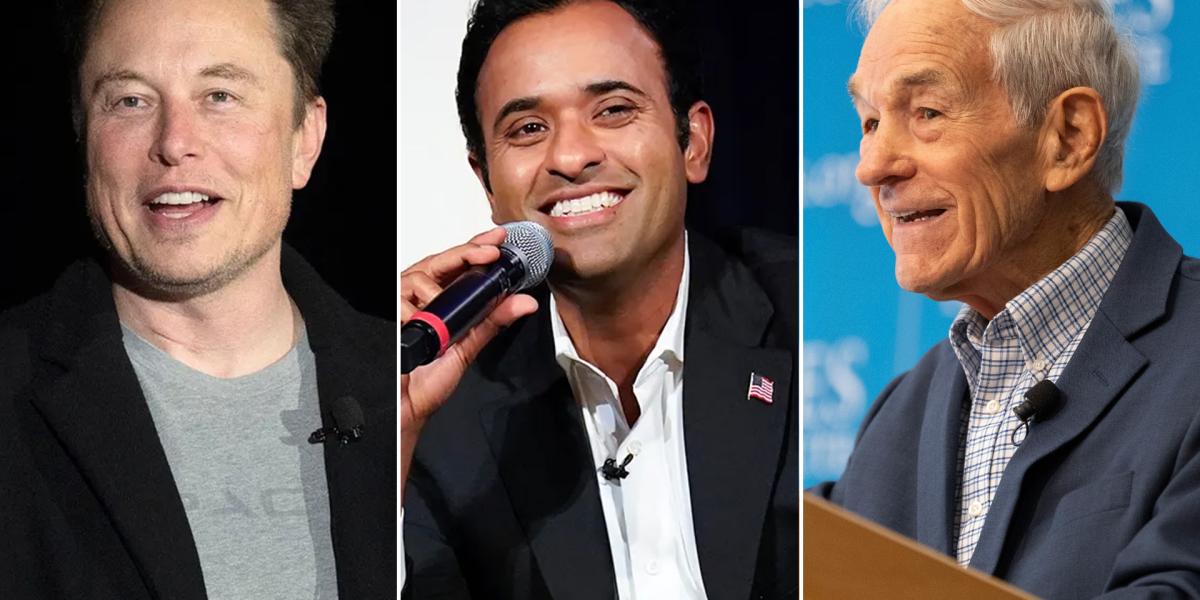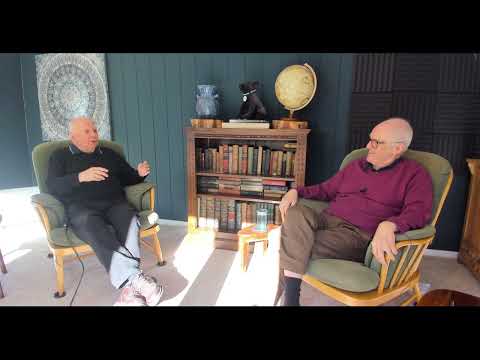
When he returns to the White House early next year, President-elect Donald Trump plans to appoint Elon Musk and Vivek Ramaswamy to head a new Department of Government Efficiency, or DOGE. While not an official federal department, the Administration’s plans for DOGE are similar to the Grace Commission under Ronald Reagan and the “Reinventing Government,” or “REGO,” initiative under Bill Clinton. The president will task Musk and Ramaswamy’s team with researching, developing, testing, and writing up actionable steps for Trump and his team to effectively cut government spending and federal regulations.
In an op-ed last week, Musk and Ramaswamy laid out some initial plans for tackling the bureaucratic behemoth in Washington. They point to two recent Supreme Court rulings—West Virginia v. Environmental Protection Agency (2022) and Loper Bright v. Raimondo (2024)—in which the Court ruled that federal agencies cannot impose regulations dealing with major economic or policy questions without specific congressional authorization and that courts are no longer required to defer to agencies’ interpretation of their own authority. In citing these cases, the authors argue that a significant number of federal regulations currently on the books are technically illegal and, therefore, can and should be eliminated by executive order.
The two also professed their plans to trim the federal workforce by requiring remote federal employees to return to the office and to move agencies out of DC to regions of the country more relevant to what they oversee. The article ends with calls to cut funding to the Corporation for Public Broadcasting, to overhaul the federal government’s procurement process, and to address the significant amount of waste, fraud, and abuse that taxpayers are forced to fund each year.
Musk and Ramaswamy’s plan has gotten plenty of criticism and skepticism from libertarians and small-government advocates, mostly because of its total reliance on politicians who have every institutional reason to decline the cuts. And, last month, I argued that even if DOGE achieved everything it set out to achieve, it still would fall far short of what’s needed to get the country off our current path to economic and societal destruction. While the vision laid out by the two DOGE leaders in the WSJ is a bit more robust than I had expected, I still stand by everything I said in that piece.
But there is a component of DOGE, and the broader movement behind it, that many free-marketers are too quick to dismiss or take for granted—the cultural component.
Anyone who understands that radical changes are necessary to fix our current national predicament also needs to understand how radical changes actually come about. As Robert Higgs detailed in his book on the subject, the biggest, most consequential changes to the American political and economic system have all taken place during a crisis.
Generally, at any given time, the public is not in favor of big, sweeping societal changes. Many may want them in theory, but when it’s time to actually sit down and make the change, it’s very hard to get enough people to accept their lives being upended for something they’re only told will make them safer or more prosperous someday in the future.
But in the depths of a crisis, when the status quo is bad enough, it’s much easier to get enough of the public to passively or actively accept expansive changes to how our society operates.
The strict speech controls and criminalization of political thought implemented under Woodrow Wilson were only really possible because of World War I. The government’s devastating economic power grab under Hoover and FDR could only have happened during the Great Depression. More recently, it was only politically possible for the George W. Bush administration to eviscerate the public’s right to privacy and launch a disastrous multi-trillion-dollar War on Terror because of the horrific attacks on 9/11. And the Fed was only able to get away with its recent, historic level of money printing that fueled price inflation, made most Americans poorer, and generated much of the economic chaos we are dealing with because of the government lockdowns in response to COVID-19.
Thanks to a number of ongoing government programs, it’s not a question of if we will face another crisis, but which one and when. For instance, Washington’s escalations against Russia could prompt a severe Russian response, what the American government has enabled Israel to do to the people of Gaza could lead to a major terrorist attack on an American city, or the historic economic downturn that was made unavoidable by the Fed injecting a historic amount of cheap money into credit markets could suddenly materialize.
These looming crises could provide the political establishment with their next opportunity to grab power they could not get away with grabbing in “normal times.” Much of the political class’s propaganda is meant to “prime” the American public, so when these crises hit, their instinct is to look to the government for help and to hand over more control over their lives in the name of ending the crisis.
But crises also present opportunities for improvement.
Think of an alcoholic who wakes up after a bender only to realize he missed his daughter’s high school graduation. The pain of that realization could drive the man to pick the bottle back up and sink deeper into his addiction, but it could also drive him to finally begin cleaning up his life.
The same thing can happen on the societal level.
It is unlikely that the DOGE team will just draft up all the necessary cuts needed to fix our many national problems and that Donald Trump will simply implement them on some random day without facing serious and immediate political consequences. The more likely path out of our mess will resemble the alcoholic’s path out of his.
If a crisis hits and enough of the public understands that something the government did is to blame for it and that giving the same people who brought the crisis about even more power is the worst possible response, comprehensive political and cultural solutions would not only be possible but likely.
This is why countering the political class’s propaganda and getting more of the public to see the truth is a prerequisite for actually solving our issues.
That can often feel like a hopeless endeavor. But look at how much excitement and energy there is right now about DOGE. Musk and Ramaswamy are drawing a lot of attention as they hype people up about cutting government spending. They have embraced Ron Paul as an inspiration, ally, and advisor for the project. And their plan to start a podcast focused on their effort ensures that it will remain at the center of the public’s attention throughout DOGE’s run.
Is the level of public awareness about the causes and solutions to our problems anywhere close to where it needs to be to put us on a better path the next time government intervention blows up in all of our faces? No.
But just as Trump’s second victory demonstrated that the establishment’s propaganda can be defeated, the enthusiasm for Elon Musk and Vivek Ramaswamy’s Department of Government Efficiency means we are already closer than many of us thought.
And that shouldn’t be taken for granted.
Originally Posted at https://mises.org/






